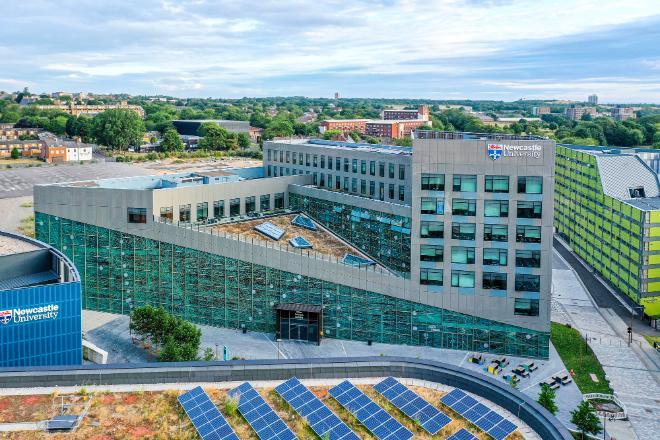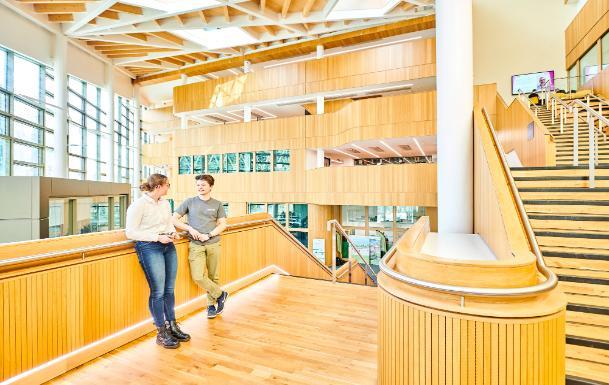Program+Photos
Conference Photos
The LogDS team and Prof. Nascimento generously offered these photos immortalising the event.
Conference Program
Link to the compact and printable version of the Conference Program.
14 July, 2025
Registration & Breakfast: 8:15 - 9:00
Introduction & Graham Welcome to USB: 9:00 - 9:15
Keynote 1: Prof. Jim Webber: 9:15 - 10:15
Coffee Break: 10:15 - 10:45
Language and Models: 10:45 - 12:15
Session Chair: Prof. Mario Nascimento
- Shohaib Shaffiey and Peter Revesz: "Generative Adversarial Networks Reveal Relationship of the Carian, Elder Futhark, Old Hungarian and Orkhon Scripts"
- Eman Alamoudi and Ellis Solaiman: "EHSAN: Leveraging ChatGPT in a Hybrid Framework for Arabic Aspect-Based Sentiment Analysis in Healthcare"
- Michael Mason, Sam Kirchner and Carter Powell: "Automated Glyph Feature Detection Using Convolutional Neural Networks"
- Hissah Almousa and Ellis Solaiman: "A Vision for Robust and Human-Centric LLM-Based QR Code Security"
Lunch Break: 12:15 - 13:15
Classification: 13:15 - 15:15
Session Chair: Prof. Peter Z. Revesz
- Alexander Stahl: "Exploring Classification with Spectral Transformation"
- Despina Tawadros, Wenhui Yang, Lena Weise and Vanessa Meyer: "Optimizing Classification Accuracy with Simulated Annealing in k-Anonymity"
- Selahattin Barış Çelebi, Ammar Aslan and Mutlu Canpolat: "Predicting Gelation in Copolymers Using Deep Learning through a Comparative Study of ANN, CNN, and LSTM Models with SHAP Explainability"
- Mehdi Rabiee, Sergio Greco, Reza Shahbazian and Irina trubitsyna: "A Total Variation Regularized Framework for Epilepsy-Related MRI Image Segmentation"
- Mary Dufie Afrane, Yao Xu and Lixin Li: "Enhancing Flight Delay Prediction with Network-Aware Ensemble Learning"
Coffee break: 15:15 - 15:45
Distributed Systems: 15:45 - 17:00
Session Chair: Dr Giacomo Bergami
- Kasra Mojallal, Ali Abbasi Tadi and Dima Alhadidi: "FedMod: Vertical Federated Learning Using Multi-Server Secret Sharing"
- Ye Liu, Paul Ezhilchelvan, Yingming Wang and Jim Webber: "Throughput-Driven Database Replication Using a Ring-Based Order Protocol"
- Edvan Soares and Valeria Times: "Blockchain-Backed Fuzzy Search for Semi-Structured Translation Data: A Scalable Hybrid Approach with Hyperledger Fabric and Elasticsearch"
Welcome Reception: 18:00 - 20:00
15 July, 2025
Registration & Breakfast: 8:00 - 8:45
Keynote 2: Dr. Laura Heels: 8:45 - 9:45
Coffee Break: 9:45 - 10:15
Query Answering and Education: 10:15 - 11:45
Session Chair: Dr. Laura Heels
- Tidenek Fekadu Kore, David Sarrimia, Myoung-Ah Kang and Francois Pinet: "Towards Sustainable DBMS: A Framework for Real-Time Energy Estimation and Query Categorization"
- Banan Alkhateeb and Ellis Solaiman: "Context-Aware Visualization for Explainable AI Recommendations in Social Media: A Vision for User-Aligned Explanations"
- Maryam Mosleh, Ellis Solaiman and Marie Delvin: "Transparent Adaptive Learning via Data-Centric Multimodal Explainable AI"
- Vanessa Meyer, Lena Wiese and Ahmed Al-Ghezi: "Analyzing Student Feedback to Assess NoSQL Education"
Lunch Break: 11:45 - 12:45
Tutorial 2: Prof. Mario Nascimento + Coffee Break (2:30pm): 13:00 - 16:30
Social Dinner: 17:00 - 19:00
16 July, 2025
Breakfast: 8:00 - 9:00
Tutorial 2: Neo4j: 9:00 - 12:00
Lunch Break: 12:00 - 13:00
Data Mining: 13:00 - 14:30
Session Chair: Prof. Lixin Li
- Peter Revesz and Mohanendra Siddha : "Data Mining for Language Superfamilies Using Congruent Sound Groups"
- Joslin Ishimwe, Adrian Ratwatte and Prince Ngiruwonsanga: "Computational Decipherment and Cross-Linguistic Analysis of Linear A, Linear B, and Swahili"
- Harsh Tamkiya, Gunjit Agrawal, Chiradeep Debnath and Peter Revesz: "Automated Identification of Allographs among the Indus Valley Script Signs"
Coffee Break: 14:30 - 15:00
Industrial Panel: 15:00 - 16:00
Closing Remarks: 16:00 - 17:00
Urban Science Building at Newcastle University

Located in the city’s new Helix quarter, a city-centre development fast becoming renowned as a global centre for innovation, the 12,800 m² Urban Sciences Building (USB) houses Newcastle University’s School of Computing alongside a series of innovative labs focused on research into the urban environment.
Opened in 2017, it has set a new benchmark for building design. Not only is it an exemplar of sustainable construction and electrically led design, it is also a ‘living laboratory’ – a smart building designed to enable continuous research and learning in the field of energy management. Newcastle University is known for its pioneering spirit and, with innovation a core element of the brief for the USB, a number of PhD researchers now have their hands on the data from the building and are already creating some fascinating outputs that we believe are a first in building management.



